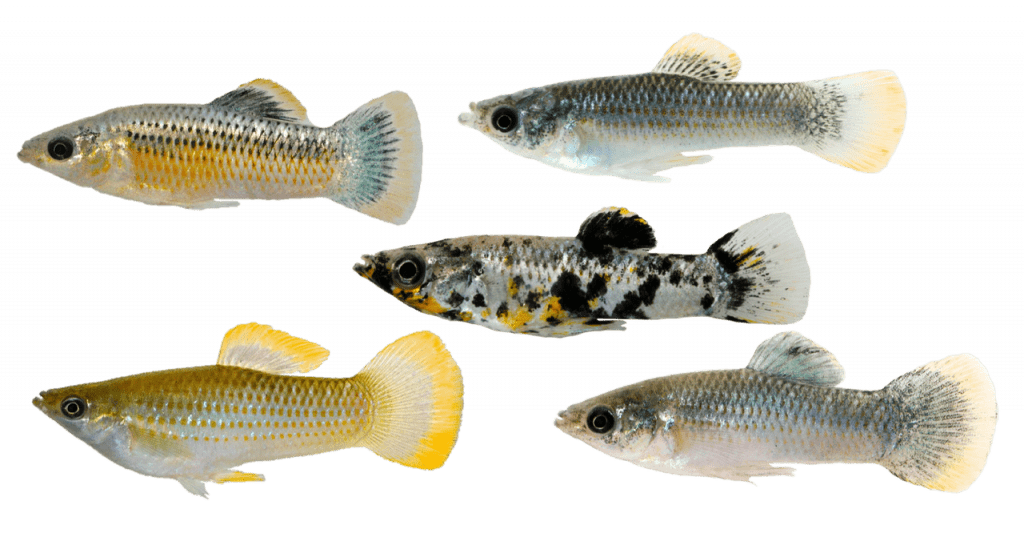Home
Welcome to the Kelley Lab website!

The Kelley Lab is located at University of California Santa Cruz in Santa Cruz, CA. Our research focuses on evolutionary and functional genomics and adaptation to extreme environments. We are interested in understanding biodiversity, specifically through how populations diverge and adapt to the environments they encounter. To identify and characterize specific genes and pathways that underlie adaptive change, we combine statistical and genomic approaches with knowledge from organismal and ecological studies. We study the genomic bases of physiological adaptations in vertebrates in extreme environments, such as hydrogen sulfide-rich and polar environments. We leverage natural systems to gain insight into basic biological processes, which has profound implications for our understanding of human health and disease.
Our work utilizes a range of technological and analytical methods for genomics. We study species that are specially adapted to extreme environments ranging from hydrogen sulfide-rich streams in Mexico to the icy waters of Antarctica. By correlating genetic changes to phenotypic outcomes using population genomics, we aim to link genomic changes to sources of selection.
Read more about our current research here.
Current topics in the laboratory include:
- Population genomics of fish living in sulfidic environments in Mexico
- Functional genomics to understand response to seasonal changes in brown bears
- Comparative genomics of polar fishes
- Genomics of bears and other species in Carnivora

Lab mission:
To address complex biological questions in an inclusive and supportive environment that cultivates curious, productive, and collaborative scientists
Land acknowledgement:
“The land on which we gather is the unceded territory of the Awaswas-speaking Uypi Tribe. The Amah Mutsun Tribal Band, comprised of the descendants of indigenous people taken to missions Santa Cruz and San Juan Bautista during Spanish colonization of the Central Coast, is today working hard to restore traditional stewardship practices on these lands and heal from historical trauma.”